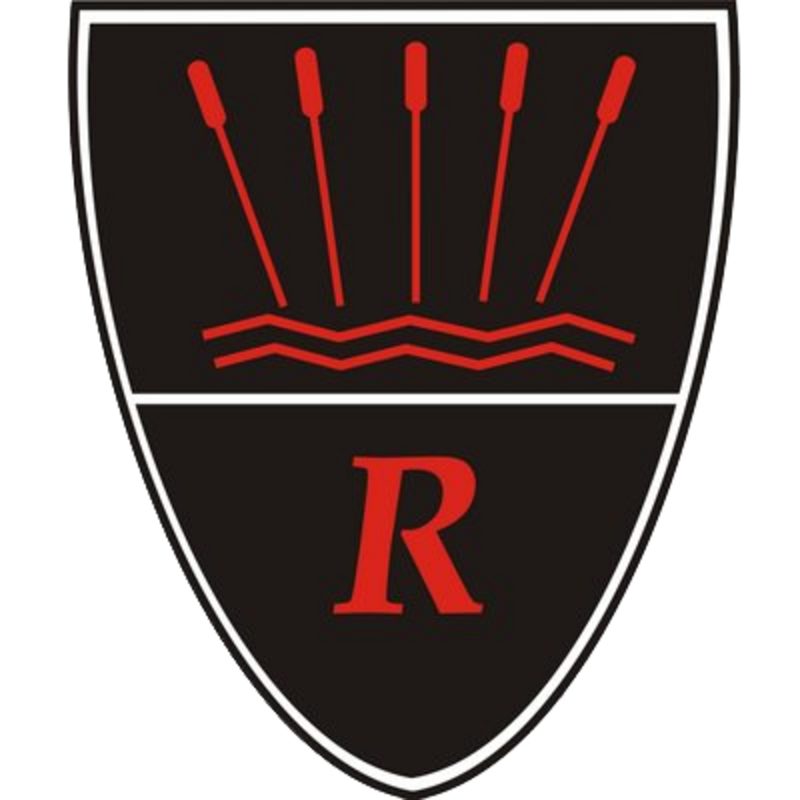
Course outline The Level 3 AAQ Cambridge Advanced National Extended Certificate in Health and Social Care is equivalent to one A level. The course will develop student awareness and understanding of a range of issues relating to health and social care. To achieve the qualification, students must complete four internally assessed coursework units and two externally assessed units: Unit F090 – Principles of health and social care (externally assessed exam*) Unit F091 – Anatomy and physiology for health and social care (externally assessed exam*) Unit F092 – Person-centred approach to care (internally assessed coursework) Unit F093 – Supporting people with mental health conditions (internally assessed coursework) Unit F094 – Supporting people with long term physiological conditions (internally assessed coursework) Unit F096 – Supporting people in relation to sexual health, pregnancy and postnatal health (internally assessed coursework) * Students can re-sit the examined units twice before they complete the qualification. External examinations are available in January and June. The external assessment contributes 40% towards the final grade with the remaining 60% coming form the 4 internally assessed units Lesson structure and expectations A wide variety of teaching strategies are used to make theory lessons challenging and informative. Students will participate in group work, class discussions and independent research. The application of theory to real-life case studies helps to make the subject more real for students. Current health and social care issues in the news are discussed in class to encourage an opinion and provide background knowledge for coursework. A variety of formats will be used to complete coursework, e.g. reports, essays, academic posters and PowerPoint presentations. Students will be expected to use private study time in addition to the guided learning hours. Skills that are valued include the ability to learn independently, research actively and methodically, deliver presentations and be an active group member. Course requirements A grade 4 in English and a grade 4-4 in GCSE combined science. Students are encouraged to organise and participate in voluntary work experience; this may require a successful DBS check. Next steps This qualification when taken as part of a programme of study that includes other BTEC Nationals or A levels, supports progression to higher education, employment or apprenticeships. Health and Social care is relevant to students considering a career in: • Childcare • Paramedic • Teaching • Mental health • Nursing • Social work • Paediatrics • Police officer • Midwifery • Probation officer • Health visitor • Counselling
About Education Provider
| Region | East of England |
| Local Authority | Central Bedfordshire |
| Ofsted Rating | Good |
| Gender Type | Co-Educational |
| Address | Flitwick Road, Ampthill, Bedford, MK45 2NU |
Course outline The Level 3 AAQ Cambridge Advanced National Extended Certificate in Health and Social Care is equivalent to one A level. The course will develop student awareness and understanding of a range of issues relating to health and social care. To achieve the qualification, students must complete four internally assessed coursework units and two externally assessed units: Unit F090 – Principles of health and social care (externally assessed exam*) Unit F091 – Anatomy and physiology for health and social care (externally assessed exam*) Unit F092 – Person-centred approach to care (internally assessed coursework) Unit F093 – Supporting people with mental health conditions (internally assessed coursework) Unit F094 – Supporting people with long term physiological conditions (internally assessed coursework) Unit F096 – Supporting people in relation to sexual health, pregnancy and postnatal health (internally assessed coursework) * Students can re-sit the examined units twice before they complete the qualification. External examinations are available in January and June. The external assessment contributes 40% towards the final grade with the remaining 60% coming form the 4 internally assessed units Lesson structure and expectations A wide variety of teaching strategies are used to make theory lessons challenging and informative. Students will participate in group work, class discussions and independent research. The application of theory to real-life case studies helps to make the subject more real for students. Current health and social care issues in the news are discussed in class to encourage an opinion and provide background knowledge for coursework. A variety of formats will be used to complete coursework, e.g. reports, essays, academic posters and PowerPoint presentations. Students will be expected to use private study time in addition to the guided learning hours. Skills that are valued include the ability to learn independently, research actively and methodically, deliver presentations and be an active group member. Course requirements A grade 4 in English and a grade 4-4 in GCSE combined science. Students are encouraged to organise and participate in voluntary work experience; this may require a successful DBS check. Next steps This qualification when taken as part of a programme of study that includes other BTEC Nationals or A levels, supports progression to higher education, employment or apprenticeships. Health and Social care is relevant to students considering a career in: • Childcare • Paramedic • Teaching • Mental health • Nursing • Social work • Paediatrics • Police officer • Midwifery • Probation officer • Health visitor • Counselling